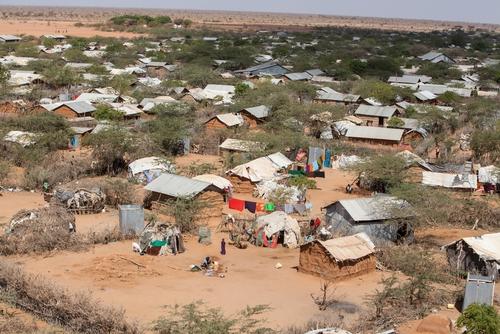As violence and threats in the northeastern province of Kenya escalate, international medical organisation Médecins Sans Frontières (MSF) has evacuated 42 of its staff from Dadaab refugee camps to Nairobi. The precautionary measure has already had a direct impact on MSF’s ability to provide much-needed medical care to the mainly Somali refugees in Dadaab. Two of MSF’s four health posts have closed, antenatal care in its hospital has been suspended, and other medical services are likely to be affected by the drastic reduction in staff numbers.
“Refugees and medical staff are bearing the brunt of the deteriorating security conditions,” says Charles Gaudry, MSF’s head of mission in Kenya. “The current security situation is severely limiting the ability of our medical staff to provide humanitarian aid to people who desperately need it.”
MSF calls on armed groups to guarantee respect for medical facilities, patients and staff so that it can resume full activities as soon as possible.
Dadaab, currently home to some 350,000 people, is the largest refugee camp in the world. For more than 20 years, it has been home to generations of Somalis who have fled a country embroiled in conflict. MSF operates a 100-bed hospital and now two health posts in Dagahaley, one of the five camps that make up the Dadaab complex.
Humanitarian assistance in the camps has been reduced over recent years due to increasing insecurity and a decrease in funding received by many aid organisations. Despite this, Dadaab still offers a safer refuge than Somalia.
MSF will continue to evaluate the situation in the hope that safety and the integrity of MSF staff in the camps can be assured. Once it has obtained such guarantees, MSF will consider resuming full medical activities in Dadaab.



